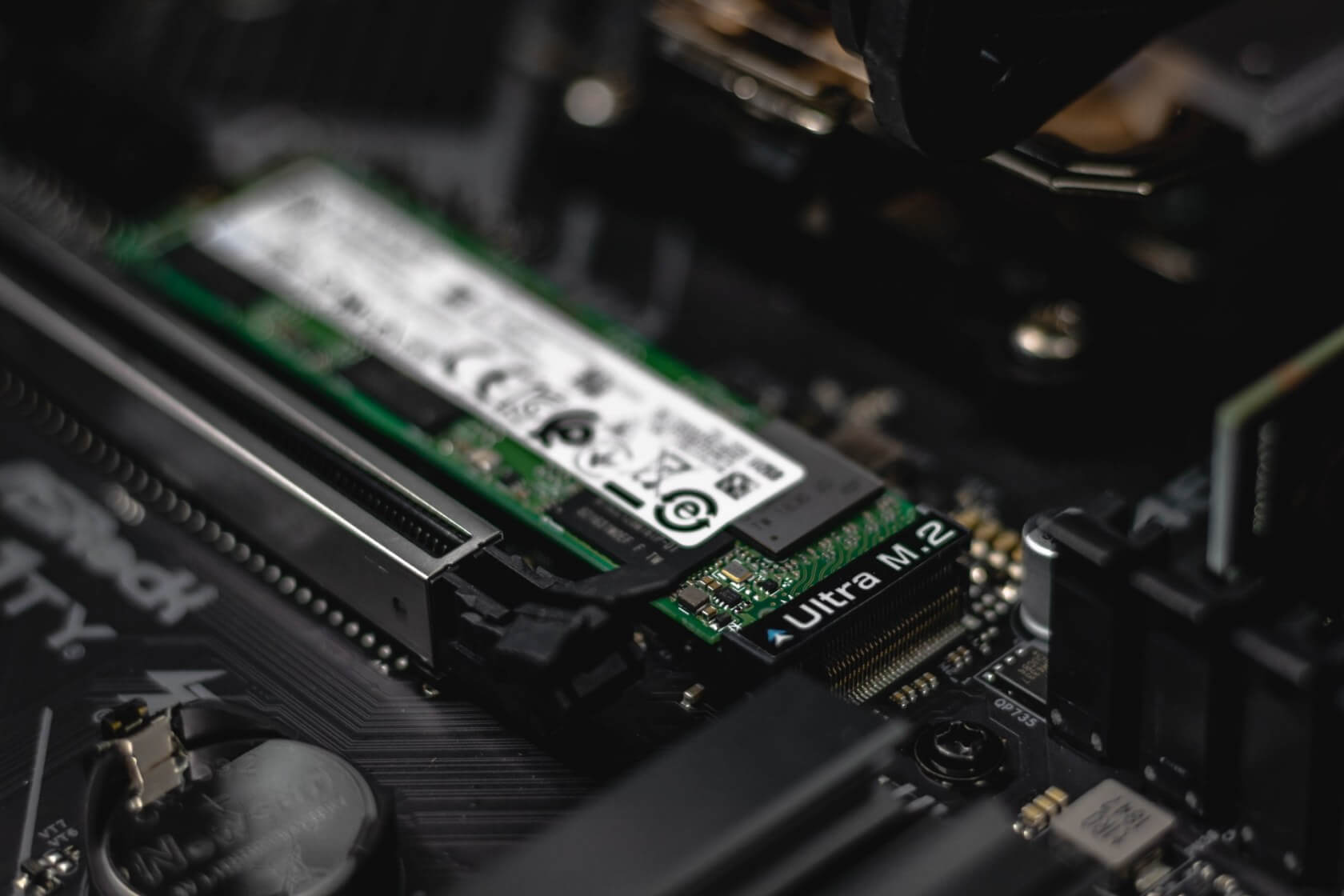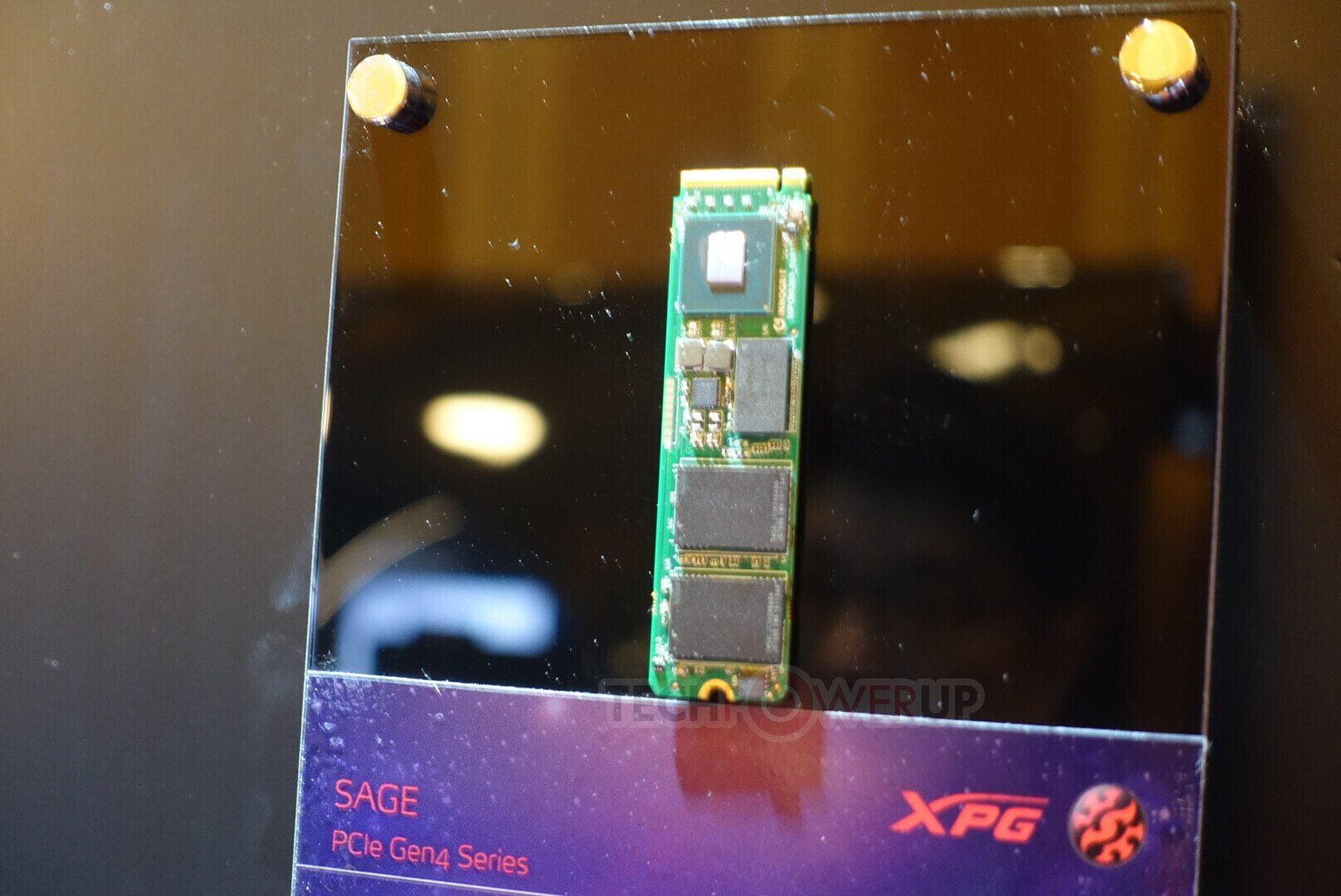In brief: PCIe 4.0 SSDs have been making waves in the PC hardware industry over the past few months. We saw several of these speedy drives get announced by hardware makers in 2019, and Adata is joining their ranks now. At CES this year, the company announced the "XPG Sage," a blazingly-fast SSD set to launch later this year.

Most of the other PCIe 4.0-compatible SSDs that have been announced recently promise read speeds of around 5,000 MB/s and write speeds closer to the 4,400 MB/s mark. The XPG Sage, however, is kicking things up a notch -- Adata says the NVMe M.2 drive will reach sequential read and write speeds of over 7,000 and 6,000 MB/s, respectively, upon launch.
Adata also aims to impress with the XPG Sage's read and write IOPS, which allegedly come in at 1,000,000 and 800,000. The Sage will ship with a maximum capacity of 4TB, which is pretty standard for modern SSDs.
During live testing, the Sage's sequential write speeds came closer to the 5,300 MB/s mark, but Adata has plenty of time to speed things up before the drive's launch later this year.

Image credit: TechPowerUp
Lower than promised write speeds notwithstanding, those figures are pretty great (as long as they prove accurate in real-world scenarios). They aren't entirely unprecedented -- Gigabyte claims to have a PCIe 4 SSD in the works with read speeds of 15,000 MB/s -- but they are noticeably higher than what we've seen from most other consumer storage drives. Indeed, out of the three different PCIe Gen 4 SSDs we tested in September of last year, none managed to exceed the 5,000 MB/s read or write speed mark.
At CES, the XPG Sage was nothing special from a design perspective. However, Adata is reportedly planning to give the unit its own unique, gaming-oriented heat spreader before launch. The XPG Sage's pricing and specific release day are still unknown at the moment, but those details will probably be revealed closer to the middle of the year.
Masthead credit: Shutterstock
https://www.techspot.com/news/83452-adata-upcoming-pcie-4-ssd-boasts-read-speeds.html